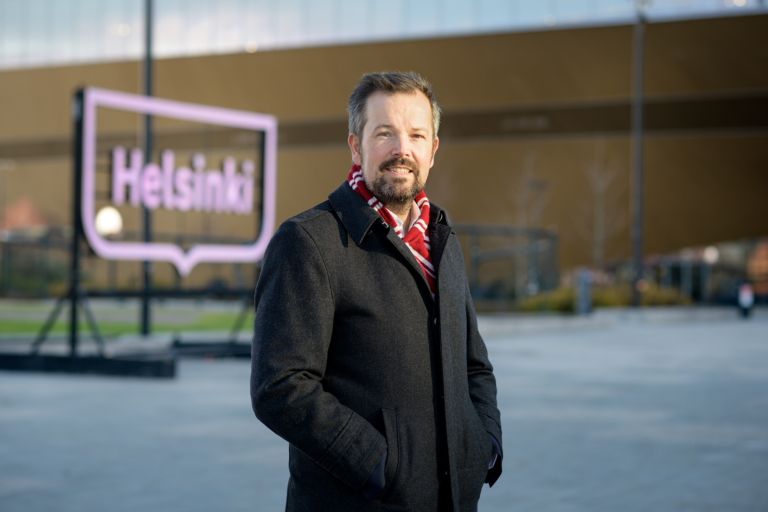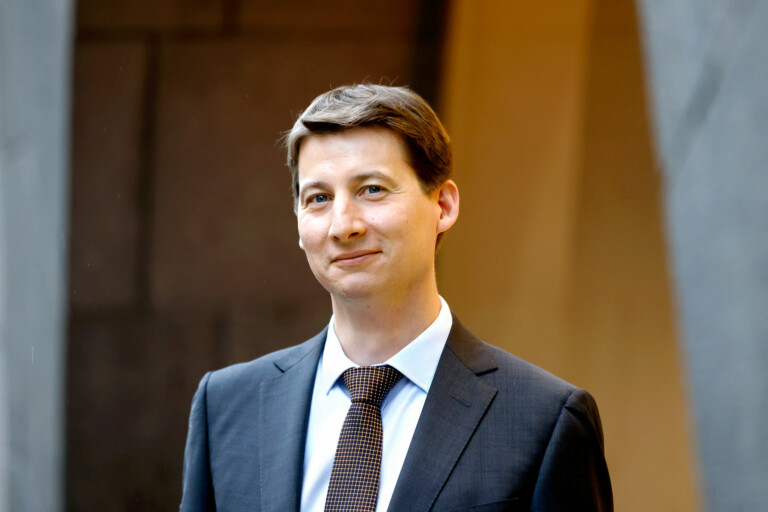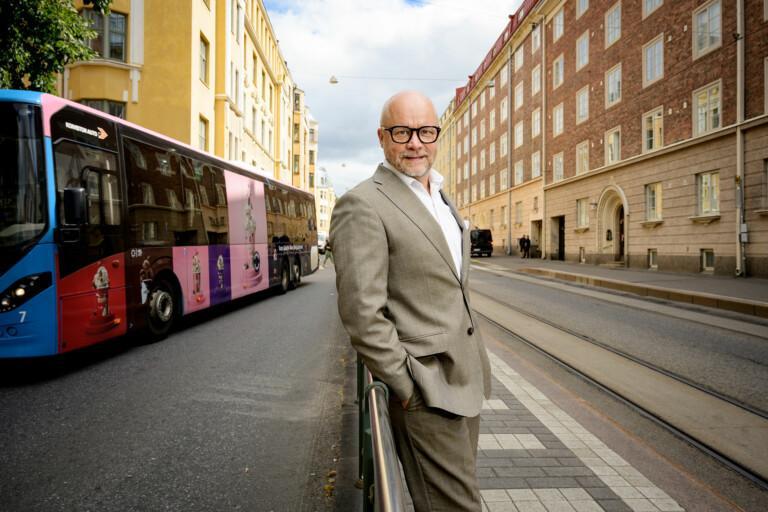Mayor of Vantaa Ritva Viljanen brings up a fundamental problem. Finland does not have metropolitan policy that pursues the interests of the Helsinki region. For decades, the country has been run by regional policy, the focus of which has been on supporting sparsely populated regions.
– In Finland, it has been almost politically incorrect to speak on behalf of urban areas – especially if someone has had the nerve to defend the metropolitan area, Viljanen says.
She, however, believes that time can no longer be turned back. A third of the country’s population and jobs have accumulated in the metropolitan area.
– Taking care of the dynamism of this entity should be a key priority for Finland. The country must have at least one internationally known metropolitan area that competes with other metropolises in the world and also attracts investments and travellers to other parts of Finland.
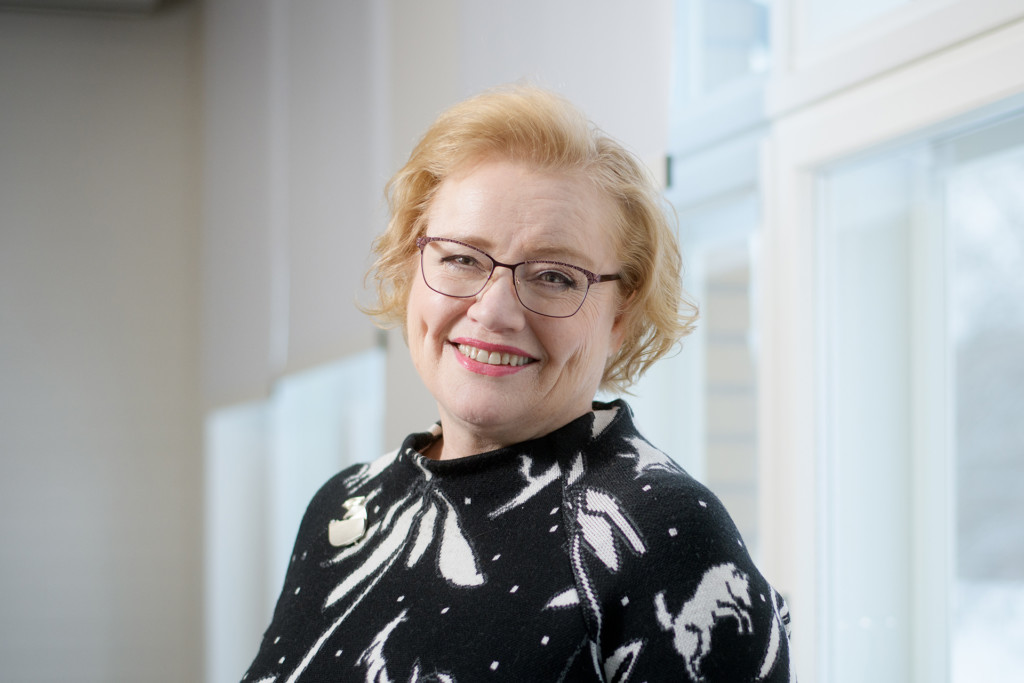
High-Level Group failed to meet expectations
According to Viljanen, a true metropolitan policy means that the municipalities and the state specify common and concrete goals for the development of the area. The parties must also commit to achieving the goals and keep to the promised investments.
More than two years ago, the Finnish Government appointed the Metropolitan Policy Committee to solve special issues related to the Helsinki region. The group is certainly not lacking in weight, as it includes eight government ministers, the top management of the largest cities and representatives of the KUUMA region.
However, Viljanen is disappointed with the committee’s achievements so far. A lot of information has been shared at the meetings, but she feels that more could have been done in terms of actual policymaking, joint agreements and the setting of concrete goals.
– When a development need is identified, the division of labour between the state and municipalities should be agreed upon and the results monitored. We have what it takes to engage in enhanced collaboration and to take concrete actions, as bureaucracy is not an obstacle to tackle in Finland.
MAL agreement modelto be applied in other fields
According to Viljanen, the Helsinki region already has a functional model – the strategic MAL plan for land use, housing and transport approved by the municipalities and the state.
– Similar cooperation agreements are needed in other areas that strengthen the dynamism of the metropolitan area, such as large-scale investments that benefit the entire area and measures to promote the availability of labour.
Before Christmas, Viljanen and the City Board of Vantaa visited Bergen in Norway to learn about the local city agreement in which the state and city have agreed on the division of labour for the new construction of a large port area.
– I would like to see a similar agreement to be concluded on the development of the Aviapolis area, as this is a project of national importance.
Viljanen points out that Aviapolis, being built around Helsinki Airport, is the fastest growing business area in Finland and an important investment for the whole of Finland, as it is the gateway to the world.
Viljanen points out that more than half of the country’s international population lives in the metropolitan area.
– When we handle things well, we have taken care of a significant part of Finland’s integration policy and the employment of immigrants.
The funding of education is the responsibility of the state, but Viljanen feels that cities can contribute to this by helping international students to integrate and stay in Finland after graduation.

Education and integrationas key themes
Regional Mayor Ossi Savolainen of the Helsinki-Uusimaa Regional Council says that metropolitan policy is definitely needed to solve special issues related to the Helsinki region.
This will ensure the sustainable growth of the region and strengthen the competitiveness of the whole of Finland.
– Metropolitan policy must be goal-oriented and comprehensive. The Helsinki region must be developed into a hub of innovation and expertise, thereby enabling the creation of new jobs. This requires close cooperation between the public and private sector, says Savolainen.
In his opinion, in addition to matters related to land use, housing and transport, i.e. the MAL agreement, cooperation between municipalities, the state and the private sector is also needed in other areas related to sustainable growth and safeguarding well-being.
– I feel the key themes should be student places, strengthening integration and developing public transport.
Adult education to alleviate expert shortage
According to the latest employment report, there were more than 79,000 unemployed jobseekers in Uusimaa. At the same time, however, there is a growing shortage of labour in many fields.
– We clearly have a labour market mismatch, which must be solved, for example, by dismantling unemployment traps, Savolainen says.
In Savolainen’s opinion, the role of universities and universities of applied sciences in educating and training experts is important. At the same time, however, it should be kept in mind that nearly 60% of the workforce needed in the Helsinki region comes from upper secondary schools.
– A significant number of these vocational school students are adult students. Successful utilisation of adult education would be a faster solution to the shortage of experts than many other ways. This is why we need to invest in lifelong learning.
Savolainen points out that there are many foreign-language speakers among unemployed jobseekers who are unable to enter the workforce.
– We need to take a long, hard look at our language requirements. Searching for a job is often difficult for immigrants, as job applications are only provided in Finnish. There is also room for improvement in workplace attitudes and in the receptiveness of society as a whole if we are to succeed in the increasing competition for international workforce.
Helsinki region treated unfairly
Savolainen believes that there is much room for improvement in lobbying for Uusimaa. Income transfers from the region to other parts of Finland are significant.
– Some of the income transfers are justified. However, we are now approaching the point where income transfers are beginning to significantly hamper the development of the metropolitan area, which would have a negative impact on the whole country.
Savolainen points out that, in the recent health and social services reform, Helsinki and Uusimaa will lose the most in terms of imputed funding. The same is about to happen in the upcoming TE services reform.
– All the recent reforms have treated the metropolitan area unfairly.
Savolainen also feels that transport investments in the area have not been sufficient in recent decades.
– When it comes to new traffic routes, it seems that too much funding is distributed to other parts of Finland, even though the Helsinki region hosts the most significant number of residents, jobs and companies. Support for public transport is also extremely lacking if Finland aims to achieve the green transition and become carbon neutral.

Cooperation to gain importance
According to Member of Parliament Eveliina Heinäluoma (Social Democratic Party) living in Helsinki, the need for cooperation in the development of the metropolitan area will be even greater in the coming years. Public transport is an example of this.
– Solid cooperation between the municipalities is also needed in coordinating town planning and housing construction along rail connections.
Heinäluoma feels it is important that partnerships between the state and large urban areas are continued and their binding nature strengthened. MAL agreements covering land use, housing and transport are important tools for cities in terms of ensuring adequate housing construction, combatting climate change and investing in their public transport.
– Increasing state funding through MAL agreements would be a natural way to support urban housing construction and increase public transport in order to reduce emissions.
According to Heinäluoma, the Helsinki Metropolitan Area with its 1.5 million residents needs state support, for example, to ensure a sustainable footing for HSL’s finances.
– Investments in public transport are needed, but these cannot come from the operational economy of the municipalities. Increasing ticket prices is also out of the question, as this would further reduce the number of public transport users.
Three government programme themes
According to Heinäluoma, the next government must be able to make decisions that create preconditions for the balanced development of the capital city.
She raises three themes that need to be put on the government’s agenda in the next parliamentary term. The first of these is the funding of public transport in which the state’s share in the development of rail connections in the Helsinki Metropolitan Area is increased.
Secondly, the number of available student places in the institutes of higher education in the area must be increased.
Thirdly, Heinäluoma mentions housing policy in which the state must make a greater contribution to ensuring affordable housing in the Helsinki region.
– The most important way to alleviate labour shortages in the Helsinki Metropolitan Area is to secure affordable housing. We have many low-income employee groups that are already facing major challenges in finding housing alternatives that they can afford.
Room for improvement in metropolitan area lobbying
Like Ritva Viljanen, Eveliina Heinäluoma admits that there is room for improvement in national politics in highlighting the special needs of the metropolitan area.
– As a member of parliament from Helsinki, I look at many things from the perspective of the country, but also from the perspective of my own city. However, MPs from other parts of the country may have a more pronounced need to represent their own region than we have.
Heinäluoma has noted that the COVID-19 pandemic and its ramifications have awakened decision-makers in the Helsinki region to engage in lobbying.
– We have to wake up to the fact that the situation looks very different after the pandemic. The economic recovery in the Helsinki region has been slower than in many other parts of Finland.
Heinäluoma thinks that there is a need to step up lobbying for the Helsinki Metropolitan Area, for example, in terms of research, development and innovation funding. The EU’s structural funds, for example, have traditionally provided more support to sparsely populated areas.
– For example, it would be important for higher education institutes in the Helsinki Metropolitan Area to receive more funding for cutting-edge research, because it would benefit the whole of Finland.
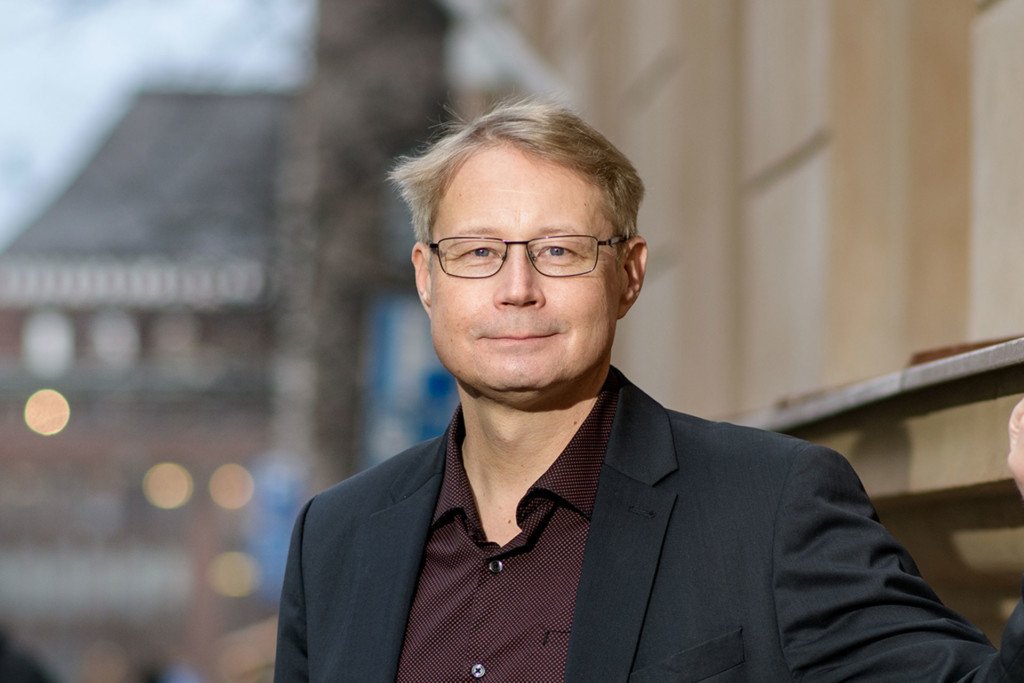
New government must commit to metropolitan policy
Markku Lahtinen, Director of the Helsinki Region Chamber of Commerce, says that metropolitan policy has an undisputed place in the next government programme.
It should include the land use, housing and transport (MAL) matters relevant to the area. In addition, themes covering the availability of skilled labour, foreign-language population and labour immigration as well as financing to ensure sustainable growth and well-being must be included.
– Getting these into the government programme is not enough. The metropolitan area must also be involved in planning, co-developing and implementing the objectives set out in the programme together with the Government, Lahtinen says.
In his opinion, achieving the set goals also requires sufficient resources, clear schedules and monitoring of results.
– In addition, an arrangement must be agreed in which not only the municipalities of the region and the state but also the business sector are involved.
Bold experiments to solve special issues
Lahtinen hopes that the state authorities will enable bold experiments to solve the special issues of the metropolitan area. These are justified by the area’s population, demography and economy, which are different from the rest of the country.
– Such experiments could involve the abolition of the determination of the availability of labour for a specific time period as well as fast and tailored permit and integration services for labour immigration.
In Lahtinen’s opinion, in order to finance the necessary growth investments, the metropolitan area needs a sufficiently large share of the tax base obtained from the region’s cities. The system of central government transfers to local government must take better account of the special features and challenges of the cities, for example in population growth and the integration and employment of foreign-language speakers.
– The current model is picking municipalities clean, leaving limited funds for investments, services and education that could be used to improve their dynamism. This also affects businesses.
To be included in the government programme
The themes of the Metropolitan Policy Programme shared by the Helsinki Region Chamber of Commerce, Helsinki-Uusimaa Regional Council and the metropolitan area cities that must also be included in the next government programme:
- Investments in the metropolitan area strengthen the competitiveness of the whole of Finland
- The Uusimaa municipalities must be allowed to carry out flexible experiments
- Innovation funding must be allocated according to effectiveness
- The availability of skilled labour in Uusimaa must be secured
- The success of labour immigration will be determined in Uusimaa
- State contributions to the transport infrastructure in the Helsinki region must be increased
- Preconditions for the growth of Helsinki Airport must be ensured
- A safe living environment prevents the forming of gangs in the metropolitan area






